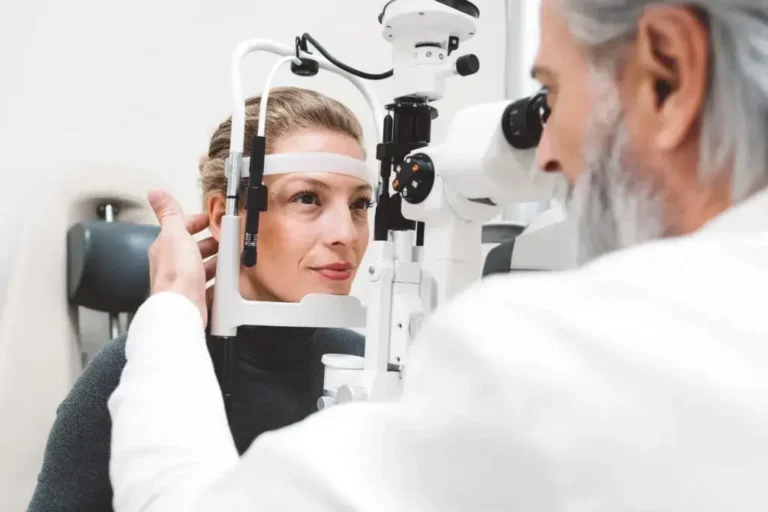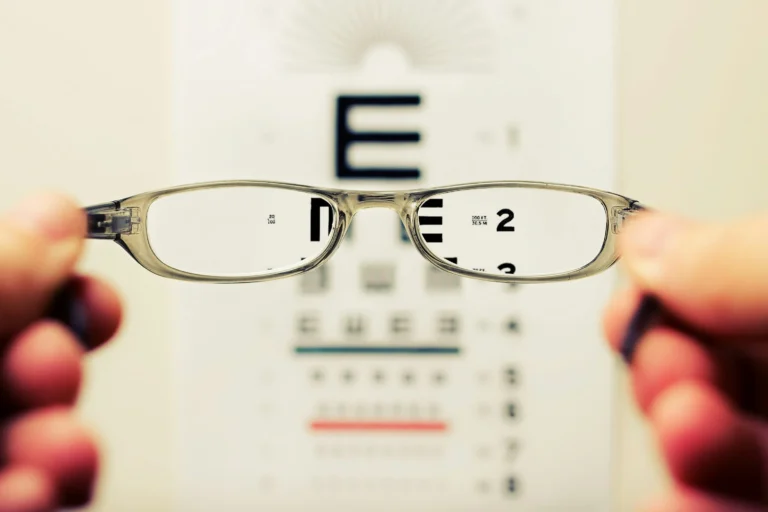Common Myths About Cataracts Debunked

Cataracts are a common eye condition that affects millions of people worldwide. Yet, despite how common they are, there’s still a lot of misinformation surrounding the condition. Misunderstandings can lead to fear, hesitation, or delayed treatment, so it’s valuable to set the record straight. Consulting a cataracts specialist can help clear up confusion and provide accurate guidance.
Are Cataracts Only Age-Related?
One of the biggest misconceptions about cataracts is that they only occur due to aging. While it’s true that cataracts are more common in older adults—as the natural aging process causes proteins in the eye’s lens to break down and clump together, clouding vision—that’s not the complete picture.
Cataracts can develop at any age and for several reasons, including:
- Congenital Cataracts: Some babies are born with cataracts due to genetic conditions or infections during pregnancy.
- Trauma or Injury: Eye injuries can lead to traumatic cataracts, which may develop rapidly or over time.
- Medical Conditions: Health issues like diabetes can increase the risk of cataracts.
- Medications: Long-term use of corticosteroids is also linked to cataract development.
Understand that cataracts aren’t exclusively age-related. If you experience blurry vision or other symptoms, consult a cataracts specialist regardless of your age.
Is Surgery Always Necessary?
Some people believe that cataract surgery is the only option for treating cataracts, but treatment depends on how significantly the cataract affects your vision and daily life. Early-stage cataracts may be managed through non-surgical methods initially. Stronger eyeglasses or magnifying lenses can help you see more clearly as cataracts progress slowly. Improved lighting, such as brighter surroundings, can make tasks like reading easier. Lifestyle adjustments, like limiting glare by wearing sunglasses or avoiding night driving, can also reduce discomfort.
The only permanent and effective way to remove a cataract is through surgery. Cataract surgery is a safe, routine procedure with a high success rate. It involves replacing the cloudy lens with a clear, artificial lens, and many patients experience significantly improved vision afterward. If your cataract severely impacts your quality of life, delaying surgery can make everyday tasks difficult or even hazardous. Speak with a cataracts specialist to assess the best course of action for your unique situation.
Are Cataracts Preventable Naturally?
Natural remedies or lifestyle changes are often touted as ways to prevent or even reverse cataracts. Unfortunately, no natural method has been scientifically proven to prevent cataracts entirely. There are steps you can take to reduce your risk or slow their progression:
- Protect Your Eyes from UV Light: Wear sunglasses with 100% UV protection to shield your eyes from harmful rays.
- Maintain a Healthy Diet: Foods rich in antioxidants, like leafy greens and citrus fruits, may support eye health.
- Control Underlying Conditions: Managing conditions like diabetes can minimize your risk.
- Avoid Smoking and Excessive Alcohol: Smoking and heavy drinking are linked to a higher likelihood of cataract development.
While these steps promote overall eye health, they cannot eliminate the risk of cataracts. If you suspect cataracts or experience vision changes, don’t rely on myths or unproven treatments. Seek professional advice from a cataracts specialist.
Consult a Cataracts Specialist
Cataracts may seem intimidating, but understanding the facts can help you make informed decisions about your eye health. While cataracts are more common with age, they can develop in younger people due to various factors. Surgery isn’t always immediately necessary, but if cataracts begin to interfere with your daily life, a safe, effective procedure offers a permanent solution. And while natural methods can promote eye health, they won’t prevent or cure cataracts. Book an appointment today to get tailored advice and regain clarity in your vision.
- What to Expect When Visiting a Foot and Ankle Specialist
- Causes of PTSD
- The Link Between Plantar Fasciitis and Weight Gain: What You Need to Know
- How Pet Ownership Can Positively Impact Life with Fibromyalgia
- The Importance of Stretching and Flexibility in Sports Medicine
Dr. Emma Green is a health and wellness expert with over 10 years of experience in nutrition and fitness. Passionate about helping others live their healthiest lives, Dr. Green shares practical advice on wellness, nutrition, and sustainable living through LivingSpristine.






